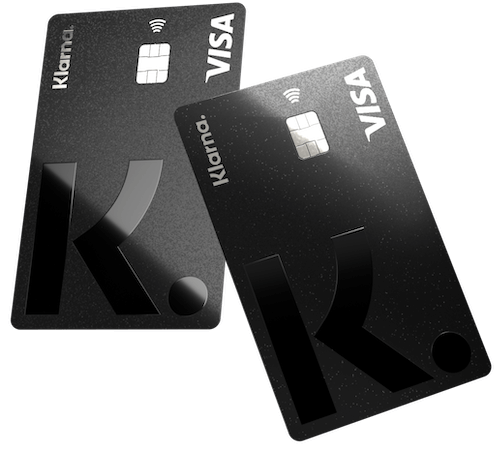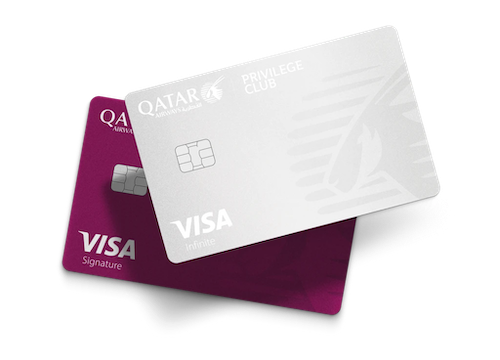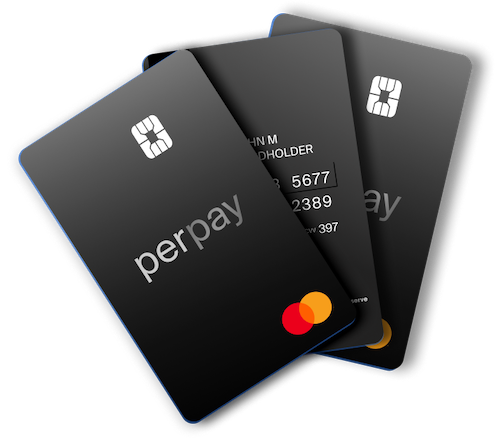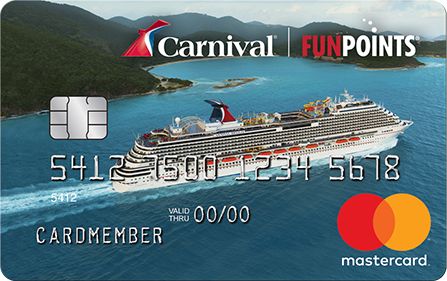CardsFTW #103: Debit Card Program Managers
Plus, So Many New Cards from Klarna, Qatar, Mercury, and more!
Everything You Ever Wanted to Know About Debit Card Program Management Platforms
Today, I am very proud to announce the latest in-depth research report from the team here at Totavi. Our 2024 Debit Card Program Manager Market Analysis is a 35-page report covering ten leading debit card providers, with details on pricing, key considerations, and approaches for any company looking to launch a debit card this year.
![[Cover of the 2024 Debit Card Program Management Platform Market Analysis Report]](https://www.cardsftw.com/content/images/2024/04/totavi-debit-report-2024-cover.png)
You can purchase the report today on the Totavi website for $1,495. CardsFTW paid subscribers will find a 10% discount code in their email. Startups who have raised less than $5MM can fill out the form on the listing page for a discount. We also have a preview available to download to better understand what’s included.
The report covers Alviere, Galileo, Green Dot, Highnote, Lithic, Marqeta, Qolo, Stripe, Synctera, and Unit and is a must-read for everyone working in the space.
Don’t forget, you can still purchase our 2023 market analysis on the consumer credit card side of things for $1,695.
Klarna’s Kard

Klarna announced the launch of the Klarna Card in the U.S. last week. The launch is an interesting one:
- It’s a waitlist launch, not a full launch (which seems to be a theme this week)
- This is not the first Klarna card in the U.S. with a waitlist (this already happened back in 2022)
- The credit card is being pitched as an anti-card, much like BNPL at large, yet it has a monthly fee and charges up to 33.99% APR!
The new Klarna Card, like the previous iteration, will again be issued by fintech sponsor bank Webbank and operate on the Visa network. The press release states that the Klarna Card doesn’t charge interest, but my understanding is that you will pay interest if you pay the balance off on a longer time horizon than in the classic pay-in-four structure. The revised Klarna card has no monthly or annual fee; the old one had a $3.99 fee.
Other features include some types of rewards, which appear to be merchant funded, although I could not quite figure it out, and a choice of black or pink plastics.
I always thought of BNPL as trying to be the opposite of cards, but the ubiquitous acceptance of cards makes them very appealing, even to BNPL companies, with Klarna, Affirm, and Sezzle each operating a card in one form or another.
There is an appeal to the clear math on pay-in-four installments. National credit issuers like AMEX and Chase offer these sorts of plans to their customers on their existing cards because compounding interest on a whole card balance can be hard to calculate. The feature sets appear to be converging, and I imagine the economy continues to favor traditional bank issuers.
Qatar Qard

Qatar Airways launched a waitlist for its new card, which will be powered by Cardless.* The new cards will be available in both Visa Signature and high-end Visa Infinite versions (choose between purple and silver). There aren’t a ton of details about the card, but we expect they will look similar to the rest of the airline portfolio that Cardless has been building with international airlines such as LATAM and TAP Portugal, which means few fees and good rewards. Waitlist members are promised an additional 10,000 miles in addition to the signup bonus offer, which has not yet been announced. I believe that this will be Cardless’s first Infinite card, which carries more interchange in exchange for premium rewards structures.
For mileage maximizers, the new card is interesting because it earns Avios, which is the rewards platform shared primarily by British Airways brands, including Aer Lingus and Iberia. Cards for BA, Aer Lingus, and Iberia are issued by Chase. The Qatar portfolio was likely deemed too small for U.S. customers for Chase to issue, leaving Qatar the choice of going with a smaller brand. A consumer could add this card to a portfolio and combine their miles to get some outstanding travel redemptions.
Xbox Xastercard
(ok, I’m done now)

Microsoft Xbox’s first gaming card launched last week, following its announcement last fall (see CardsFTW #74). The new card has no annual fee, a small signup bonus of 5,000 points after the first purchase (no minimum spend), a choice of five designs (black, white, blue/pink, and two green variations), and integration rewards, including three months of Xbox Game Pass Ultimate (no, I don’t know what that is). The card earns 5x at the Microsoft Store, 3x at streaming and dining, and 1x everywhere else. The card is a decent offering in the gaming space, which hasn’t seen particularly strong cards, although there is a Sony Playstation Visa, but no Nintendo card (yet?).
Perpay Plastic
(just kidding, I love alliteration)

Perpay is a shopping portal with credit-building features. As far as I understand it, sort of like a giant layaway store, Perpay allows consumers to make purchases accessible with pay over time and credit reporting. Perpay also launched the Perpay Mastercard last year with Celtic Bank, powered by Deserve. Last month, Perpay updated the rewards program to reduce earnings. The card originally earned 3% back and now 2%. What’s interesting here is that the rewards are earned upon payment, not upon purchase, like most other cards.
Mercury Mastercard

Mercury, the business challenger bank for startups (not any of the other Mercuries), announced its first direct-to-consumer product with the launch of Mercury Personal. The card is issued by Choice Financial Group and offers startup founders a familiar interface and brand for their business banking. It’s not cheap at $240 per year. It also has a waitlist right now. The card promised 5% APY, $5M in FDIC insurance, and no transaction fees for domestic wires, bills, and more. At 5% APY, a relatively modest balance will drive earnings beyond the fees.
Many startups have attempted to build high-end personal challenger banking and take on traditional banks. Many have also failed. Mercury has a great shot here, given their existing size and relationships with this primary user. Will they be able to capture people? It’s hard to get people to switch, even to get fintech people to bank with fintech companies.
Carnival Card Corrected

There is a great story in American Banker on how Barclays and Carnival reset and revised their co-brand program (paywall). If you love cruising and love Carnival, the co-brand card should be an easy win, but the card program hasn’t been working due to the application process and the challenges of technology off-shore.
Last year, Barclays enabled a simpler application process, starting with a QR code, which have tremendous adoption post-pandemic. When the ship has WiFi, applications are approved within 12 to 15 minutes, and a digital-first Carnival FunPoints card is deployed for the user to use on their phones. In addition, Carnival’s integration with Barclays allows cardholders to tie their new card directly into the cruise line’s system for onboard charges. The real value of the Carnival card is to use it to purchase cruises and use it onboard. The new approach enables same-day gratification and access in an old world where you didn’t get your card until after the cruise.
While a cruise ship is probably an extreme example of finding a new way to streamline and think through onboarding, many co-brand programs could learn from this approach. It’s critical to get that first purchase made and start the journey, which often begins at the point of sale or at checkout.
Fees, Fees, Fees
Finally, this week, American Express reported quarterly earnings, and this nugget jumped out at me: Among the 3.4 million new cardholders in Q1, approximately 70% of them acquired a card with an annual fee. At a time when Americans are sensitive to inflation and estimates are that less than one in four credit cards carries an annual fee, the ability to acquire so many cardholders into annual fee cards speaks highly to Amex’s brand and offerings. New card programs can learn from this that a strong value proposition can enable annual fees to be a meaningful part of their revenue streams.
CardsFTW
CardsFTW, released weekly on Wednesdays, offers insights and analysis on new products in the credit and debit card industry for consumers and providers. CardsFTW is authored and published by Matthew Goldman and the team at Totavi, a boutique consulting firm specializing in fintech product management & marketing. We bring real operational experience that varies from the earliest days of a startup to high-growth phases and public company leadership. Visit www.totavi.com to learn more.
*Indicates a company with which Totavi has a financial relationship.
